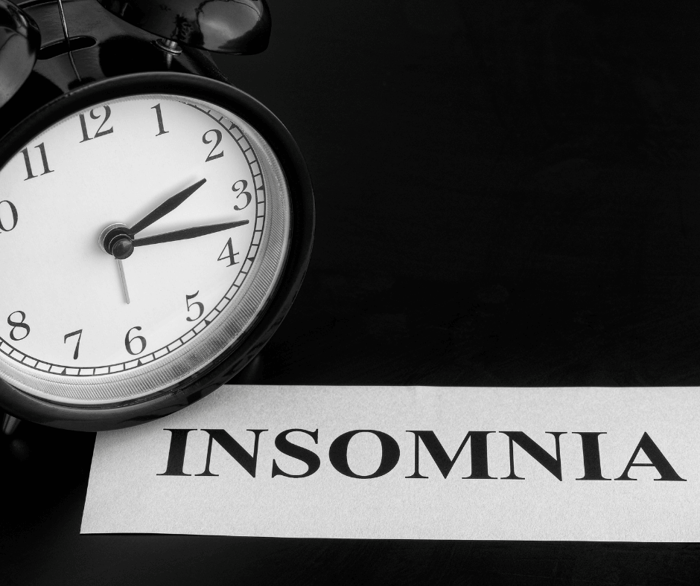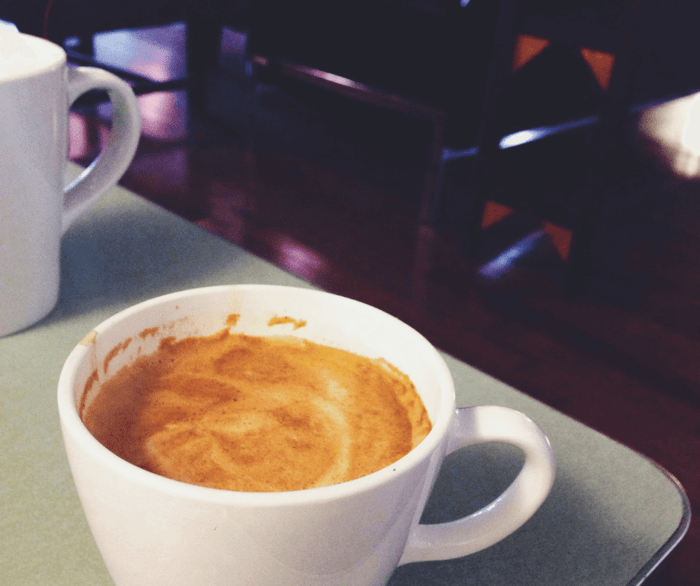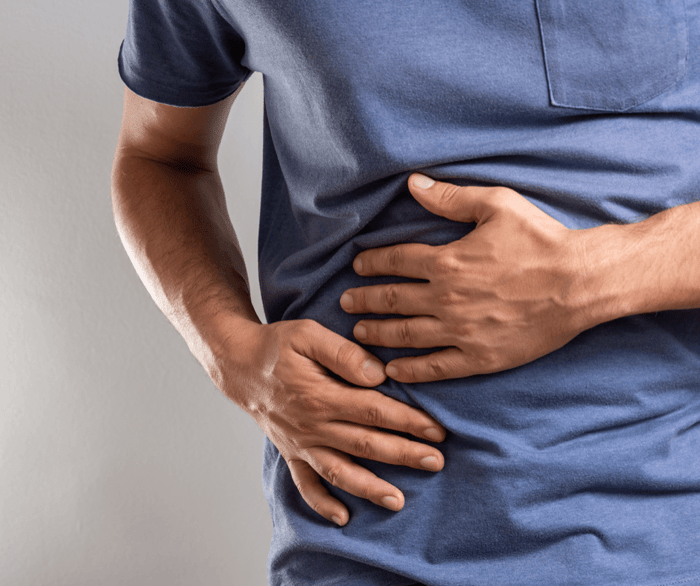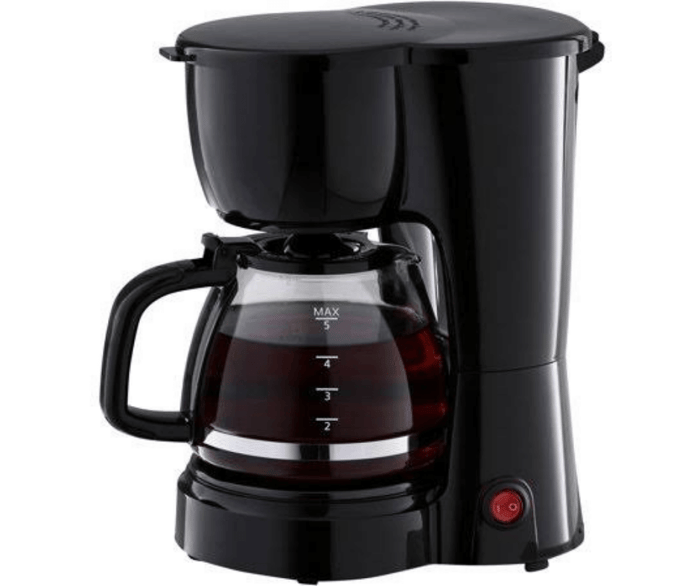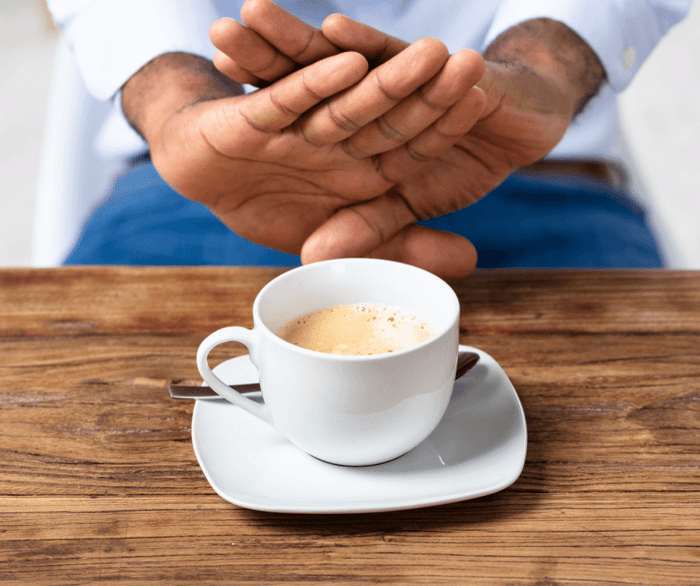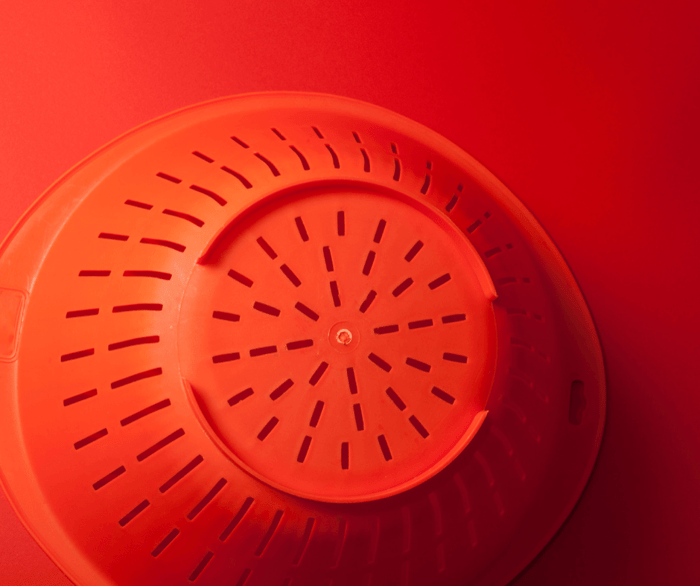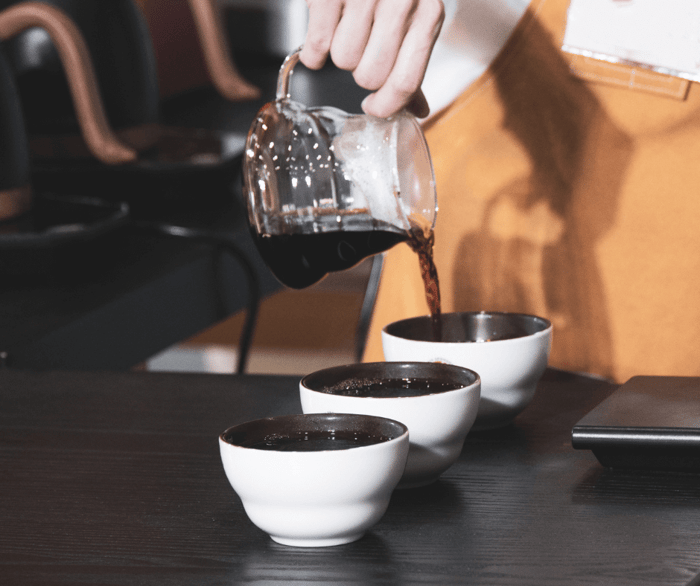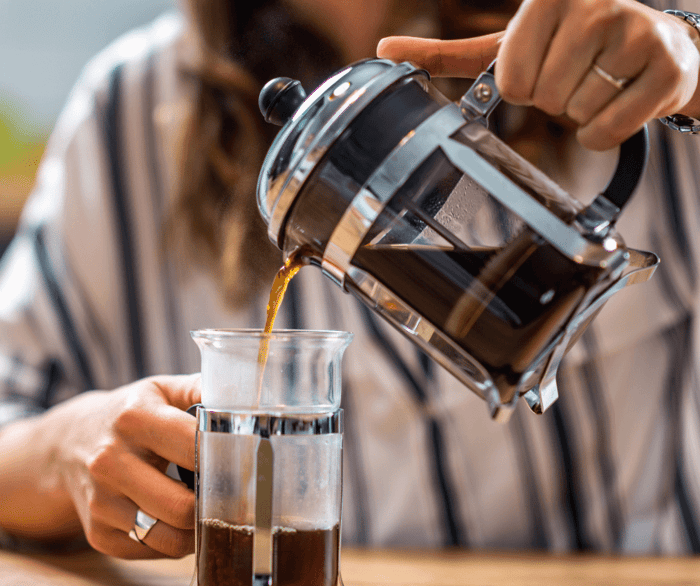Black Coffee and Insomnia
The world enjoys its black coffee. However, black coffee and insomnia tend to go hand in hand. Because of this, we wanted to explore black coffee and insomnia to see what our customers could do to help.
According to the Sleep Foundation, Consuming too much black coffee can interfere with your sleep quality, and drinking it too soon tonight can interfere with your ability to fall asleep. However, to enjoy a good night's sleep doesn't mean that you need to give up your caffeine altogether.
What is Caffeine?
Caffeine is a naturally occurring chemical that can be obtained from plants. Caffeine can be found naturally in cocoa beans, tea leaves, and coffee beans. It can also be created synthetically.
Caffeine enhances alertness. In other words, it is known as a "stimulant." Caffeine has an "adenosine receptor antagonist" effect. Adenosine is a sleep-promoting chemical in your body. Caffeine prevents sleep by blocking the adenosine receptor. Pretty cool, huh? Yes, there is science behind why having that amazing Black Insomnia Coffee is causing you sleeping problems.
Caffeine has an immediate effect on your body. The time it takes your body to eliminate 1/2 of a substance is called the half-life. Caffeine's half-life of 3-5 hours and reaches its greatest concentration in your blood around the 30-minute to 60-minute mark. However, the caffeine residue can linger in your system for a longer period of time. This is why it is important to regulate how much caffeine you are ingesting and the time that you are ingesting it. Which we will discuss further later on.
Coffee accounts for 54% of global caffeine intake. Another 43% comes from tea. Approximately 85 percent of Americans consume caffeine products on any given day. Adults in the United States use approximately 300 mg of caffeine per day on average. This is around three times the global average. However, it accounts for only half of the caffeine consumed in tea-drinking countries such as Sweden and England.
What affects the Caffeine Content in Coffee?
The caffeine concentration of coffee is determined by a variety of factors, including:
Serving size: "One cup of coffee" can range from 30–700 ml (1–24 oz), which has a significant impact on the total caffeine level. However, Black Insomnia Coffee can have over 1000 mg, which is more than triple the recommended amount.
Coffee bean variety: There are many different types of coffee beans available, each with a varied amount of caffeine. Robusta beans will typically have 2-4x more caffeine than Arabica Coffee beans.
Roasting: Darker roasts have less caffeine than lighter roasts, while darker roasts provide a more robust flavor. Learn everything you need to know about roast.
Type of Coffee: Caffeine concentration varies greatly between conventionally brewed coffee, decaf coffee, instant coffee, and espresso. The manufacturer is another factor you might consider. While some will have just 120mg per 12 oz cup, brands like Black Insomnia will have 3-5x more.
Things You Can do to Help Improve your Caffeine Intake and Sleep Better
Now that you know what caffeine is and what the differences are in the sources, we will take a closer look at things you can do to improve your sleep while enjoying your best cup of Joe.
Yes, that's right, you don't have to give up tea and coffee to improve your sleep quality. You simply need to be more aware of some things, such as the amount of coffee you are ingesting, when you are drinking it, and other beverage options. Let's take a look at those now.
Take note of your coffee usage.
One of life's simple pleasures is drinking coffee, and a well-made cup of joe may help brighten your day and raise your mood. Furthermore, it can have been shown to help improve your health by lowering your chances of developing diseases, including type 2 diabetes, obesity, and heart disease. However, too much of anything can be harmful to your health, so be aware of your consumption: drinking too much coffee can cause tremors, upset stomach (See how Coffee Effects Bloating), make you dizzy, and, you guessed it, cause insomnia.
According to the FDA, adults should consume no more than 400 mg of coffee per day, which is comparable to four regular cups of coffee. While younger women should have no more than three cups per day. When making coffee at home, remember to sip it from a small mug or a regular cup to avoid drinking more than the suggested amount.
Those who prefer to get their beverage from a coffee shop should select the 8-ounce cup and not be enticed by the larger sizes available. This will help you avoid drinking too much coffee at one time.
Plan your coffee breaks
Instead of consuming four cups of coffee all at once, you should consider drinking it throughout the morning. Drinking too much coffee in a short period of time can cause a sudden rise in blood pressure and agitation, so plan your intake carefully.
You'll probably need it the most in the morning when you're sleepy, so drink a cup before breakfast and another before lunch. Plan on drinking your final cup between 12 p.m. and 2 p.m. Caffeine can persist in your system for up to 10 hours, preventing you from going asleep, so it's best to drink your last cup of coffee just after lunch.
Throughout the rest of the day, choose caffeine-free beverages.
When discussing caffeine, black coffee and insomnia are top on the list. Black coffee is very popular and great for helping you get going. But after lunch, you need to start thinking about caffeine-free beverages. If it's after 2 p.m. and you need a pick-me-up, choose invigorating, non-caffeinated beverages to help you through your afternoon meetings and classes. Decaffeinated teas and coffees are some of the best options as their small caffeine content will be just enough to give you a boost.
Remember to drink plenty of simple water throughout the day. Staying hydrated can help you feel energized even on a stressful day because dehydration can contribute to wear on you.
Optimize Your Life to Improve Sleep
Getting enough sleep at night can be difficult, especially if you eat or drink something that can disrupt your sleep pattern. While black insomnia coffee is one culprit, caffeine is found in many beverages. Be sure that you are aware of what you are putting in your body later in the day.
Want More Coffee Content?
- Daily Coffee Grind - Click Here
- Coffee Reviews - Click Here
- Coffee Brewing Guides - Click Here
- Coffee Brewer Reviews - Click Here
- All Things Tea - Click Here

